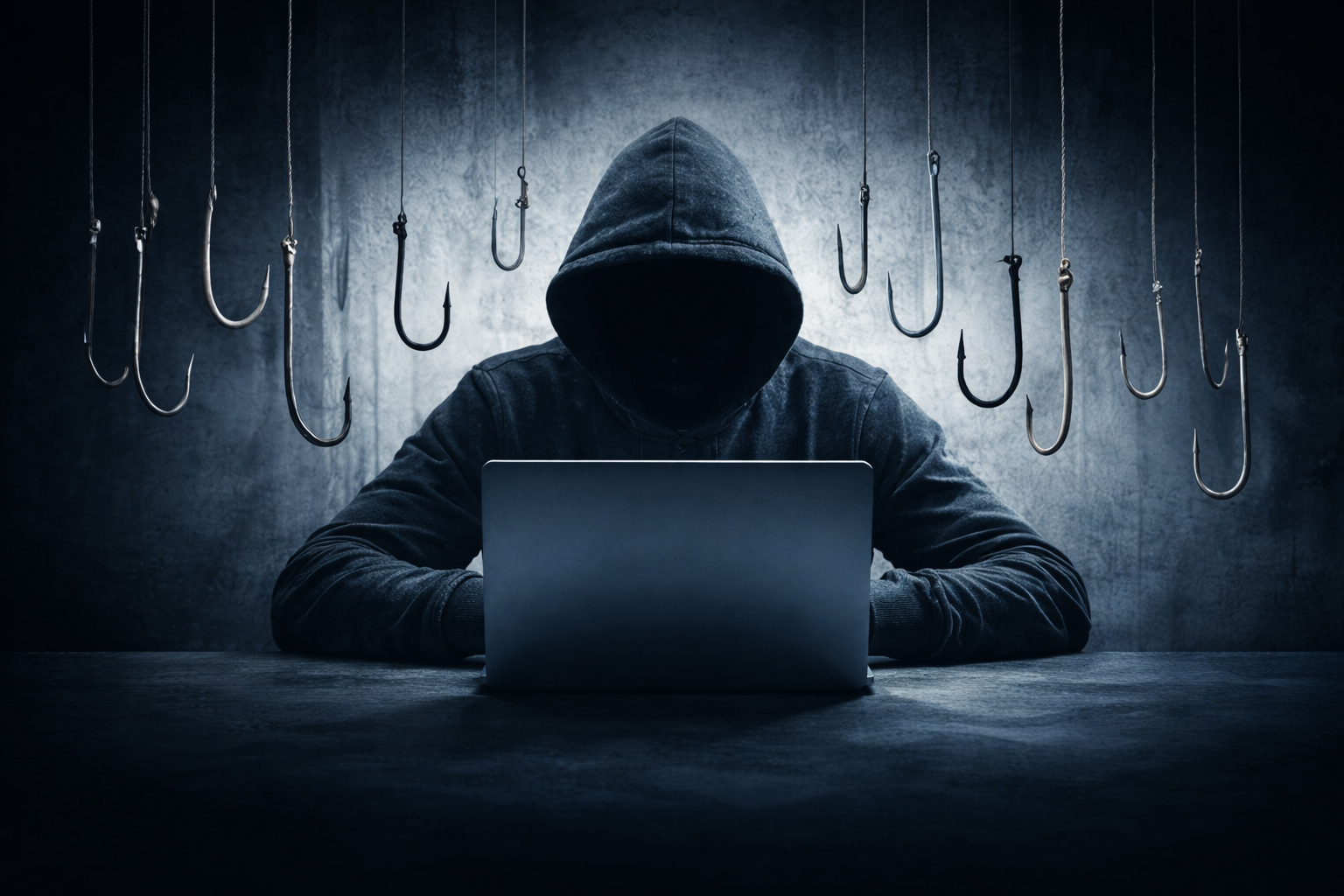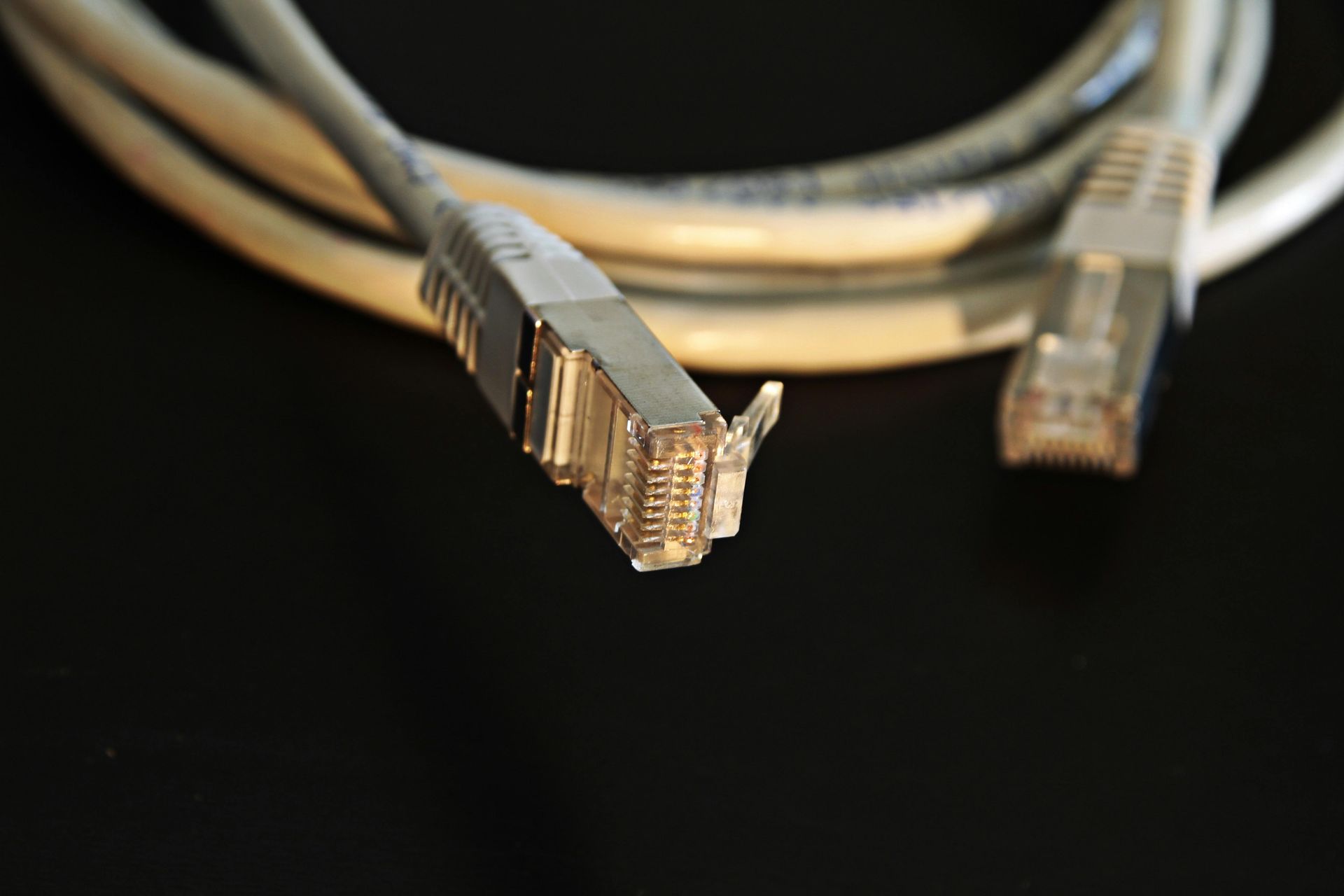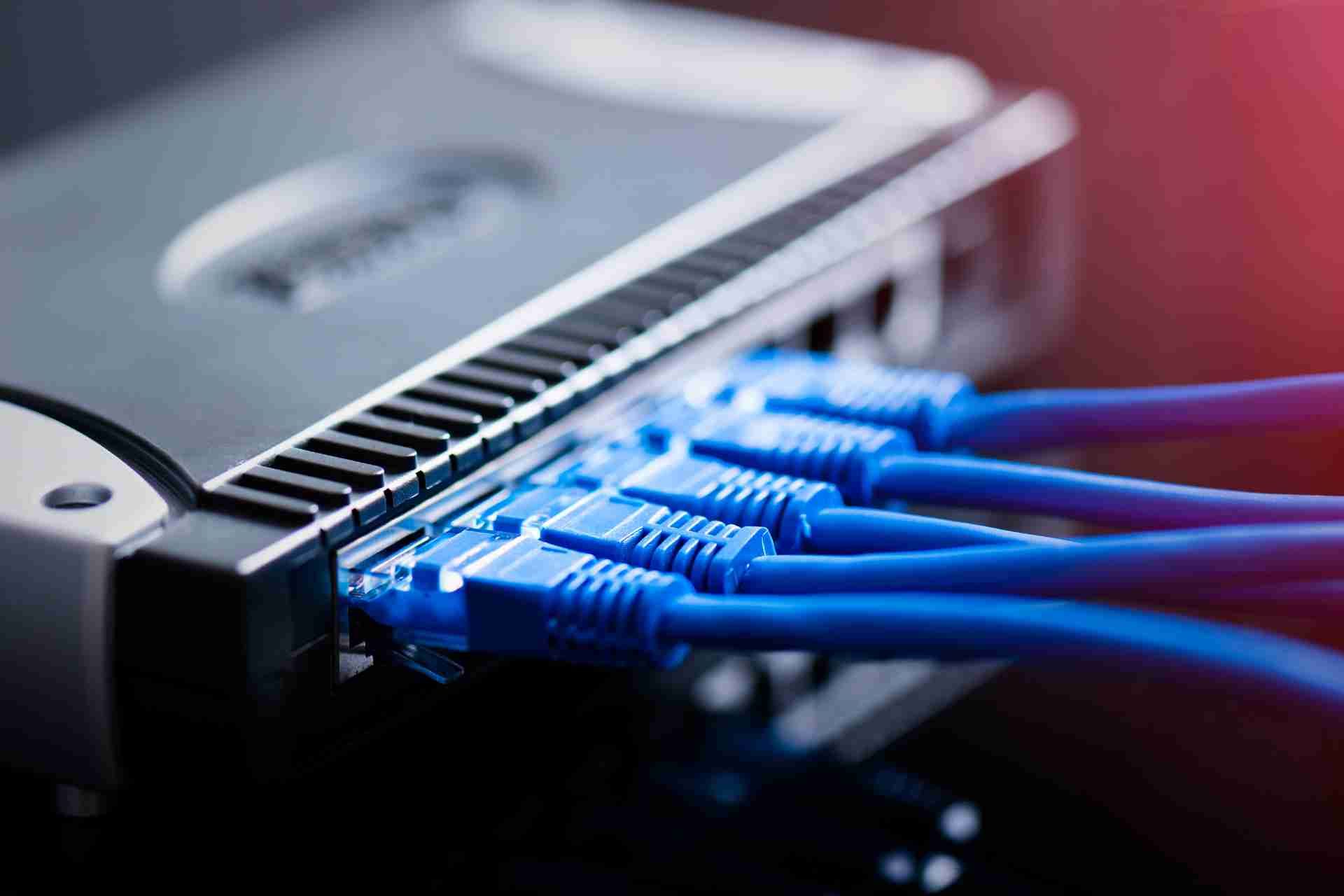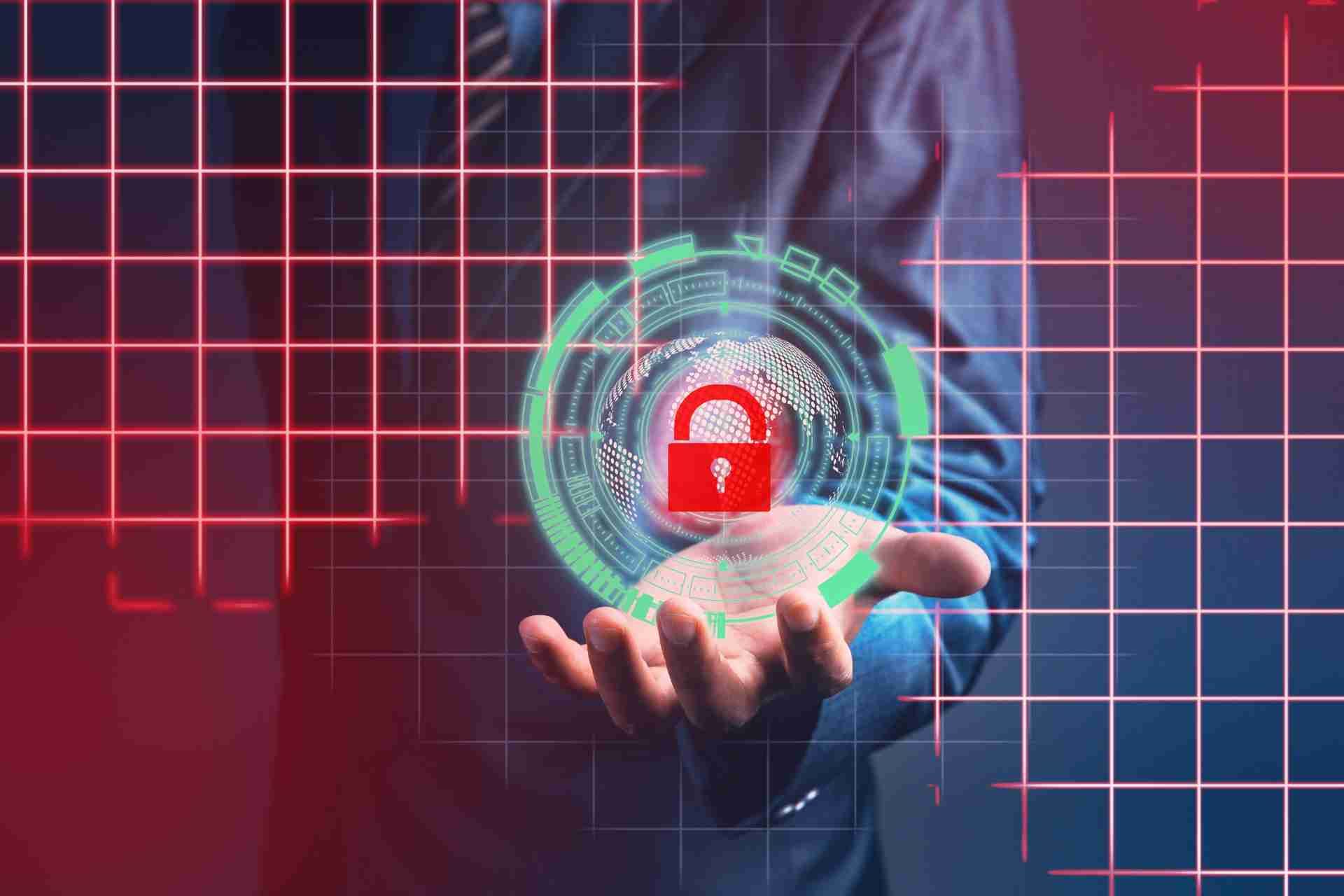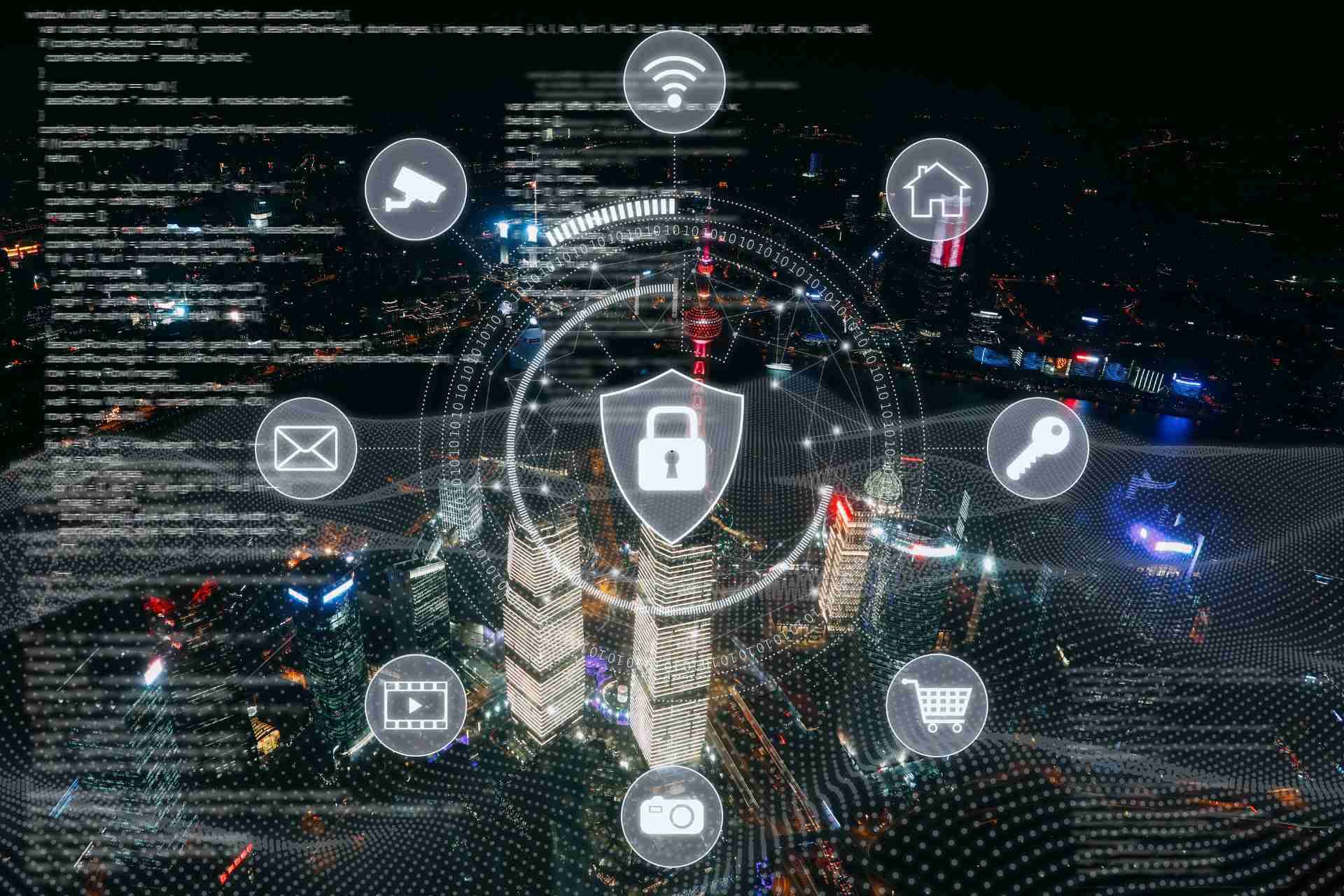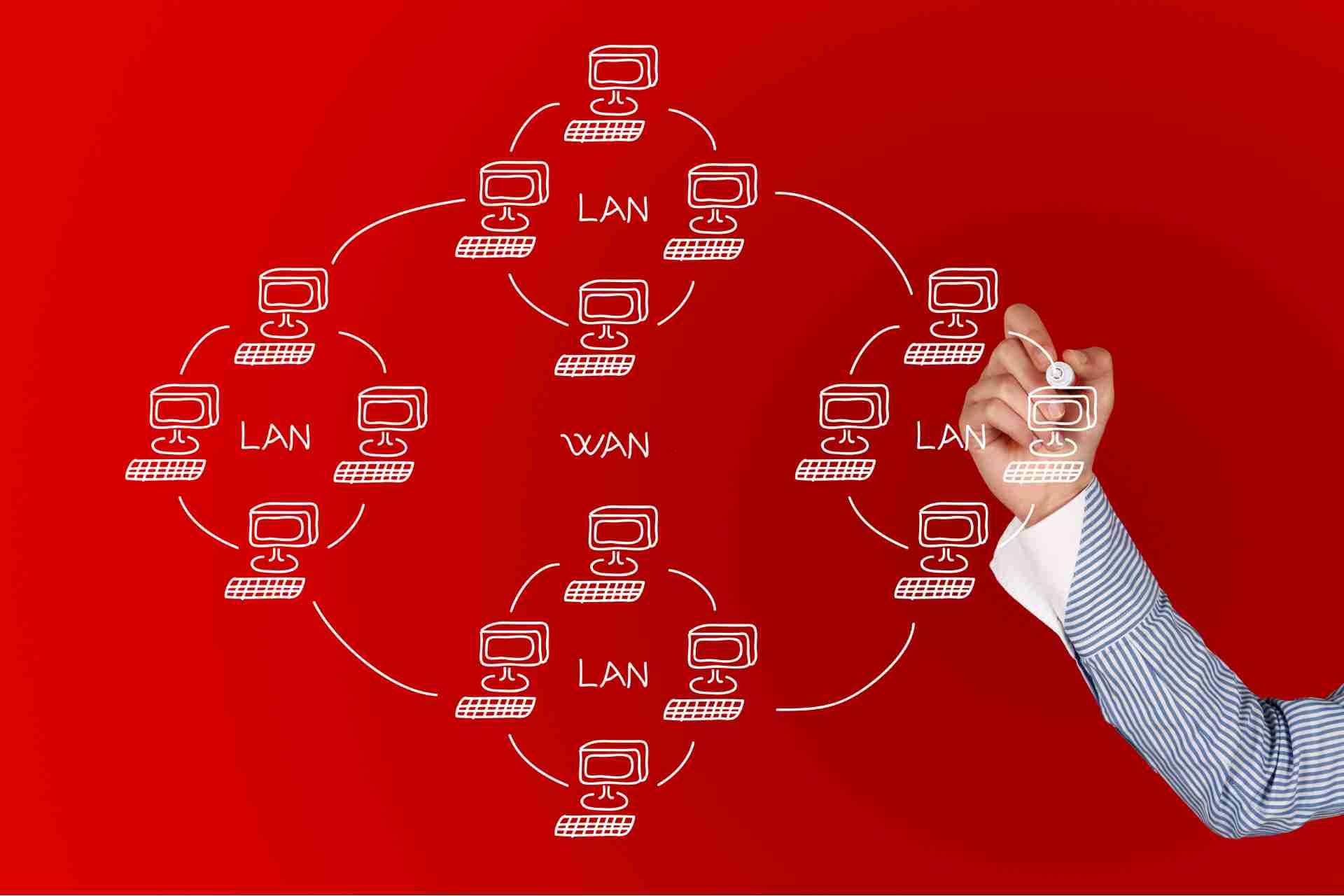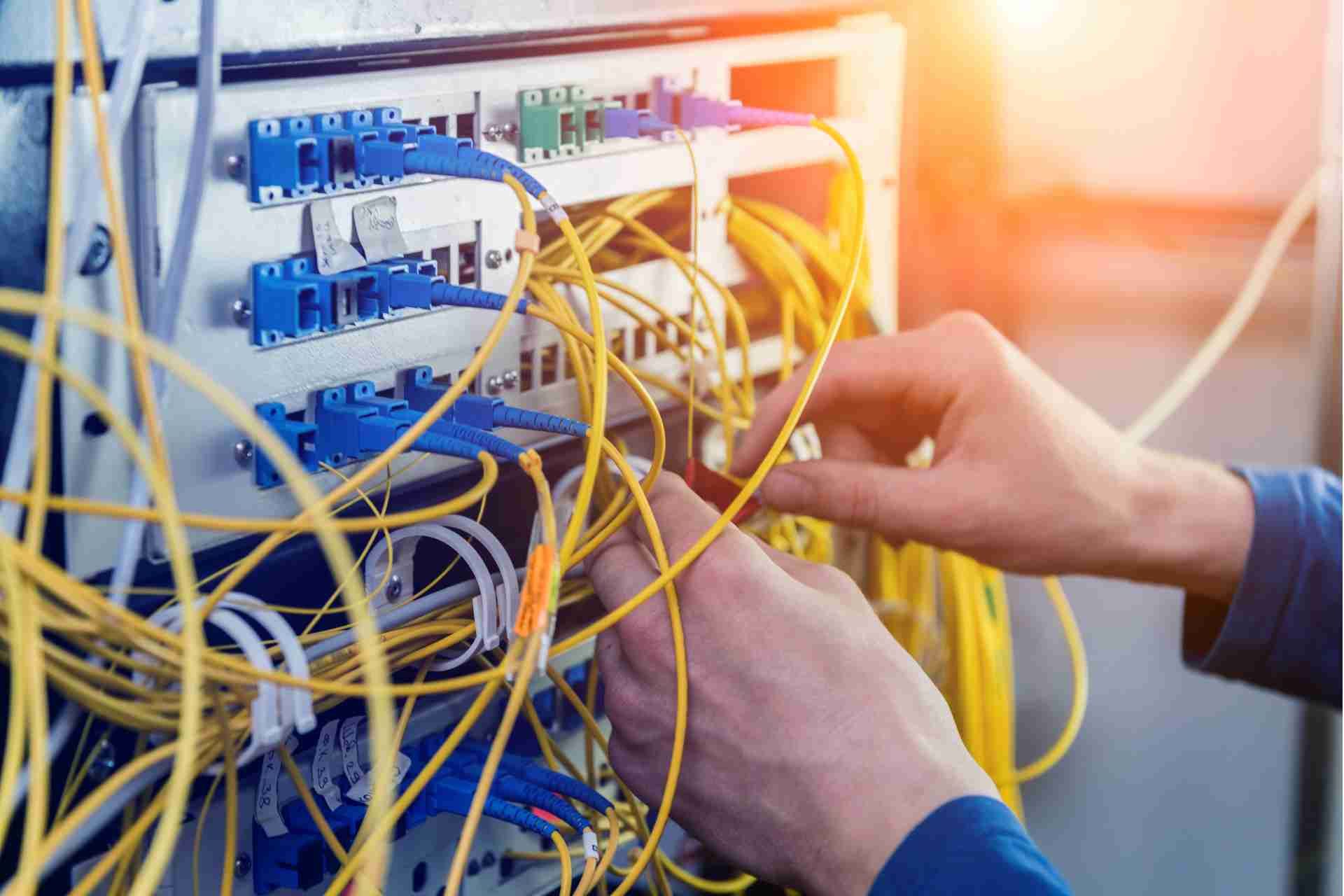Tips on How to Stay Safe Online
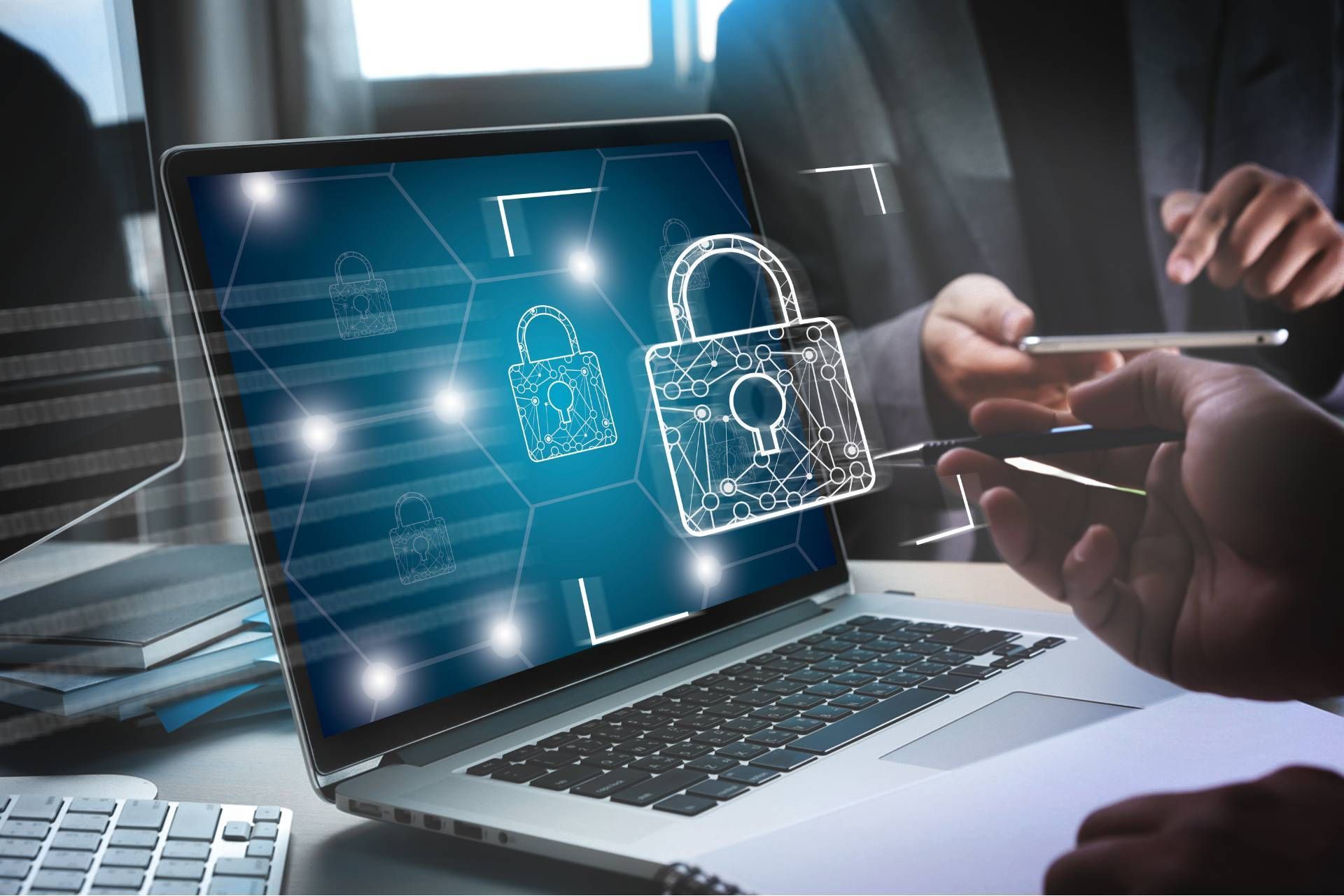
In today's digital age, it's more important than ever to prioritize online safety. From protecting your personal information to avoiding cyber threats, there are many ways to stay safe while browsing the internet. By following a few simple tips and best practices, you can enjoy a secure online experience. Here are some helpful suggestions to keep you safe while navigating the online world.
Potential Dangers in the Internet
Cyberbullying
The anonymity of the internet can embolden individuals to engage in harmful behavior, such as harassing or bullying others online.
Online scams
There are numerous scams on the internet, such as phishing emails or fraudulent websites, that aim to steal personal information or money from unsuspecting individuals.
Malware and viruses
Clicking on malicious links or downloading files from untrustworthy sources can result in your device being infected with malware or viruses, which can compromise your personal information and cause damage to your device.
Online predators
Predators may use the internet to target and groom individuals, particularly children, for exploitation or abuse.
Identity theft
Sharing personal information online can put you at risk of identity theft, where someone steals your personal information to commit fraud or other crimes.
Fake news
The spread of false information online can be misleading and damaging, impacting people's beliefs and decisions.
Privacy concerns
The internet can track and collect vast amounts of personal information, raising concerns about privacy and data security.
Addiction
Excessive use of the internet, particularly social media and online gaming, can lead to addiction and have negative impacts on mental health and well-being.
Exposure to inappropriate content
The internet provides easy access to a wide range of content, including explicit or harmful material, which can be distressing or harmful, particularly for children.
Phishing attacks
Phishing attacks involve tricking individuals into providing personal information, such as login credentials or financial details, through fraudulent emails or websites.
What is Cybersecurity
Cybersecurity is the practice of protecting computers, servers, networks, and data from unauthorized access, attacks, theft, and damage. It encompasses various technologies, processes, and practices designed to safeguard information and prevent cyber threats. This includes protecting systems against malware, ransomware, phishing attacks, hacking, and other cyber threats. Cybersecurity is essential in today's digital world as cyber attacks continue to increase in frequency and sophistication.
How to Stay Safe Online
Tip 1: Keep your software and devices up to date
Regularly updating your software and devices is an essential step in maintaining your online security. Manufacturers release updates to patch vulnerabilities that hackers can exploit to gain access to your system. By keeping your software up to date, you can ensure that you have the latest security improvements and bug fixes to protect yourself against cyber threats.
Here are some tips to help you stay safe online by keeping your software and devices up to date:
1. Enable automatic updates: Many software applications and operating systems offer automatic update features that can automatically download and install updates in the background. Make sure this feature is turned on so that you receive updates as soon as they become available.
2. Update all devices: Remember to update not only your computer but also your mobile devices, routers, smart home devices, and any other internet-connected devices. Hackers can target any vulnerable device to gain access to your network.
3. Check for updates regularly: If automatic updates are not available or if you prefer to have more control over the update process, check for updates manually on a regular basis. Visit the websites of the software manufacturers or device manufacturers to see if any updates are available.
4. Use secure sources for updates: Only download updates from official sources, such as the manufacturer's website or app store. Avoid clicking on links in emails or pop-up messages claiming to provide updates, as these could be malicious.
5. Keep your antivirus software up to date: In addition to keeping your software and devices updated, make sure your antivirus software is also up to date. Antivirus programs help protect your system from malware and other cyber threats.
By regularly updating your software and devices, you can minimize your risk of falling victim to cyber attacks and keep your personal information safe online
Tip 2: Use strong passwords
Using strong passwords is important to help protect your personal information and accounts from being compromised by hackers. Here are some tips for creating strong passwords:
1. Use a mix of upper and lower case letters, numbers, and special characters in your password. This can make it more difficult for hackers to guess or crack your password.
2. Avoid using easily guessable information, such as your name, birthdate, or common words. Instead, try using random combinations of characters that are not easily associated with you.
3. Make your password at least 12 characters long. The longer the password, the more difficult it will be for hackers to crack.
4. Use a unique password for each of your accounts. This way, if one of your passwords is compromised, your other accounts will still be secure.
5. Consider using a password manager to help you create and store strong passwords for all your accounts.
Tip 3: Be cautious with emails and messages
To protect yourself from phishing scams, it's important to always verify the sender's email address and carefully review the content of the message. Look out for spelling and grammatical errors, as well as any requests for personal information or urgent action. If you're unsure about the legitimacy of an email, it's best to contact the sender directly through a verified phone number or website, rather than clicking on any links or providing any personal information.
Tip 4: Use secure Wi-Fi connections
Using a secure Wi-Fi connection can help protect your personal information and keep you safe while browsing the internet. Here are some tips to help you stay safe online:
1. Always connect to a secure Wi-Fi network that requires a password. Avoid connecting to public or unsecured networks, as these are more vulnerable to hackers.
2. Use a virtual private network (VPN) to encrypt your internet connection and protect your data from prying eyes. VPNs offer an extra layer of security when using public Wi-Fi networks.
3. Keep your Wi-Fi network password protected and change the default password that came with your router. This will prevent unauthorized users from accessing your network.
4. Disable remote administration on your router to prevent hackers from accessing the settings and making unauthorized changes.
5. Enable network encryption (WPA2 or WPA3) on your router to secure your Wi-Fi connection and prevent unauthorized access.
Tip 5: Be mindful of what you share online
It is essential to be cautious about the personal information and content that you share online to protect yourself from potential risks such as online fraud, identity theft, cyberbullying, and hacking. Here are some tips to help you stay safe online:
1. Be mindful of the information you share: Avoid sharing sensitive personal information such as your home address, phone number, social security number, and financial details online. Think twice before posting about your location, vacation plans, or other details that could make you a target for cybercriminals.
2. Adjust your privacy settings: Review and adjust the privacy settings on your social media accounts to control who can see your posts and personal information. Limit the visibility of your posts to only your trusted connections and avoid sharing with the public.
3. Think before clicking: Be cautious about clicking on links or downloading attachments from unknown sources, as they may contain malware or phishing scams that can compromise your personal information.
4. Be selective about your connections: Only accept friend requests or connections from people you know and trust. Avoid connecting with strangers or sharing sensitive information with unknown individuals online.
5. Report suspicious activity: If you encounter any suspicious or harmful content online, report it to the platform or website administrators and consider blocking or unfollowing the user responsible.
Tip 6: Enable two-factor authentication
Two-factor authentication (2FA) is an added layer of security that requires you to provide two different forms of identification before granting access to your account. This can include something you know (like a password) and something you have (like a one-time code sent to your phone).
Enabling 2FA can help protect your online accounts from unauthorized access, even if your password is compromised. Many websites and online services offer 2FA as an option for users to enhance their account security.
To enable 2FA, you typically need to log in to your account settings, locate the security or privacy section, and follow the instructions to enable 2FA. This may involve setting up a secondary form of authentication, such as receiving a text message or using an authenticator app.
Tip 7: Monitor your accounts regularly
Keep an eye on your financial statements, credit reports, and online accounts for any suspicious activity. Report any unauthorized transactions or changes to your accounts immediately to prevent further damage.
Tip 8: Educate yourself about online threats
Stay informed about the latest cybersecurity threats and best practices for staying safe online. Take advantage of resources from trusted sources, such as cybersecurity websites, to learn how to protect yourself from common scams and attacks.
